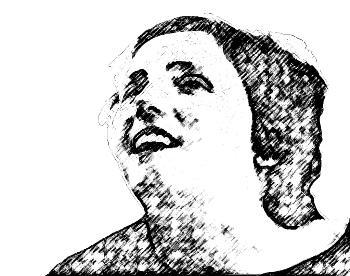
News
Progressive Labor Party Organizes Solidarity March With Harvard Yard Encampment

News
Encampment Protesters Briefly Raise 3 Palestinian Flags Over Harvard Yard

News
Mayor Wu Cancels Harvard Event After Affinity Groups Withdraw Over Emerson Encampment Police Response

News
Harvard Yard To Remain Indefinitely Closed Amid Encampment

News
HUPD Chief Says Harvard Yard Encampment is Peaceful, Defends Students’ Right to Protest
FOCUS: TERRI SCHIAVO

Last Friday, the feeding tube sustaining Terri Schiavo was removed, and doctors predict that she will die within the next week if it is not re-inserted. Schiavo has used a feeding tube for sustenance since 1990, when a heart attack left her unable to care for herself. Since then, Schiavo’s husband, her legal guardian, has campaigned to have her feeding tube removed, claiming that Schiavo had previously told him that she would not want to be kept alive by artificial means. Her parents, who are devout Catholics, refuse to give up hope that their daughter can be rehabilitated, and they have been fighting to have the feeding tube re-inserted.
The Schiavo case is extraordinary in many regards. It is extraordinary in that it has garnered thorough national media attention, has worked its way through dozens of courtrooms, and has captured the attention of political bodies that rarely involve themselves in events dealing with the welfare of a single individual. It is a rare example of a end-of-life case where family members disagree substantially as to the appropriate course of treatment.
However, the practice of withholding treatment from the terminally ill is not a rare occurrence in the United States. In fact, it is commonplace. A 1990 study by the American Hospital Association estimated that of the 1.3 million individuals who die in a hospital each year, approximately 70 percent of them die when life-sustaining treatment is withheld.
On this page, three perspectives—from individuals in the disability rights, pro-life, and right-to-die movements—present their views of both how the society should approach both the Schiavo case and the dilemmas that the families of terminally ill patients encounter.
—Matthew S. Meisel ’07
Want to keep up with breaking news? Subscribe to our email newsletter.
